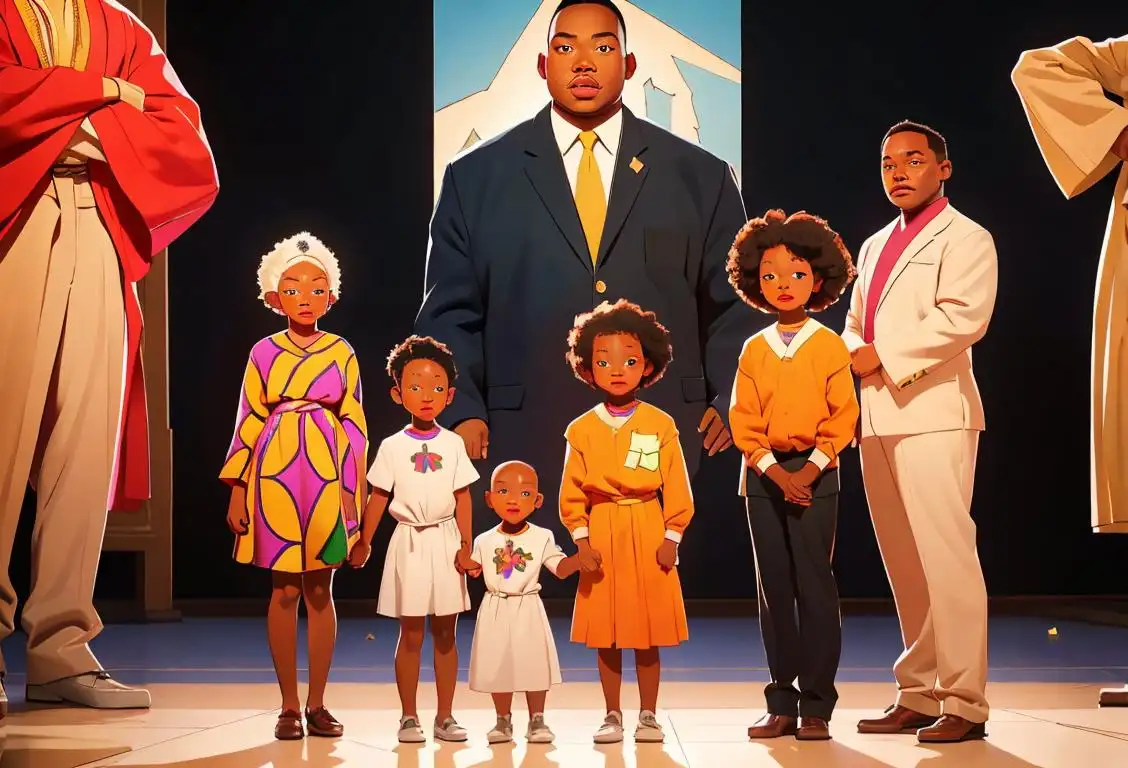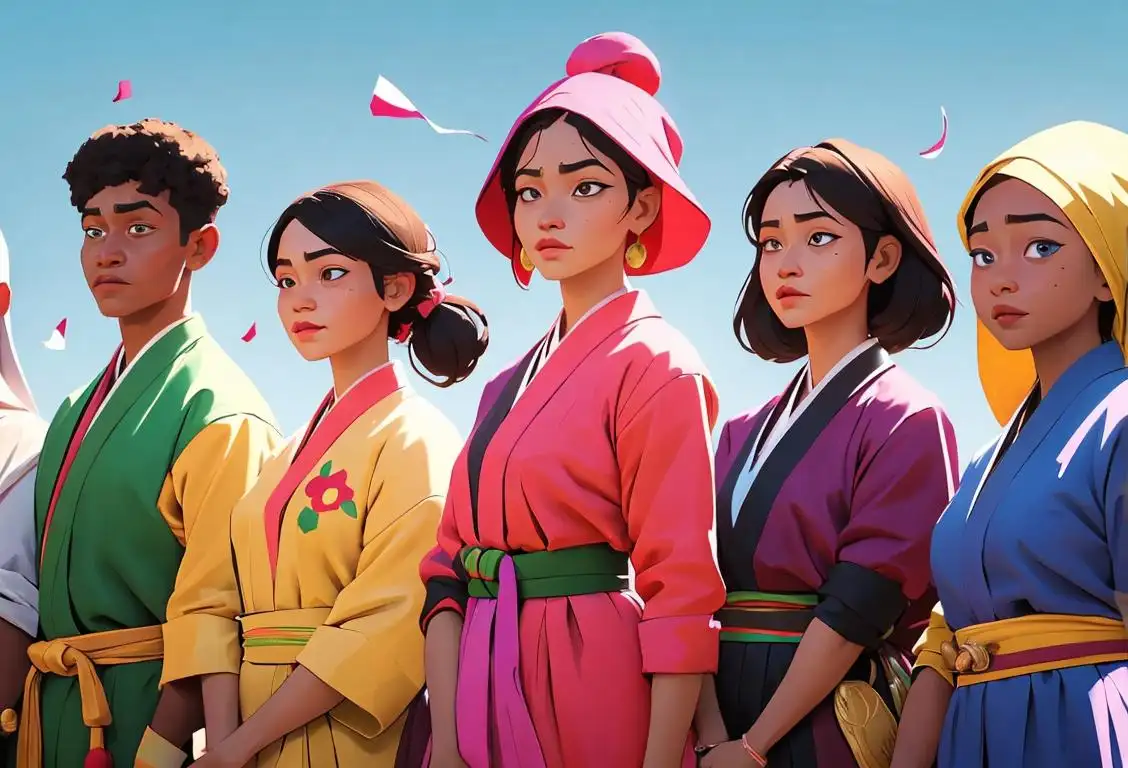National Mother Language Day

Welcome to WhatNationalDayIsIt.com! Today, we celebrate National Mother Language Day, a day dedicated to honoring and preserving the diversity and importance of languages around the world.
When is Mother Language Day?
It's national mother language day on the 14th April.
The Importance of Language
Language is more than just a means of communication—it is an integral part of our identity, culture, and heritage. National Mother Language Day, observed on February 21st each year, was established by UNESCO to promote linguistic and cultural diversity.
On this day, people from all corners of the globe come together to celebrate their mother tongue and raise awareness of the importance of multilingualism. It is a time to cherish the richness of language and to acknowledge the role it plays in our daily lives.
A Brief History
The journey of National Mother Language Day traces back to 1952 when a group of students from Dhaka University in Bangladesh protested for the recognition of their mother tongue, Bengali, as one of the national languages of what was then East Pakistan. The movement aimed to promote linguistic and cultural rights, demanding equal status for all languages spoken within the country.
Tragically, the peaceful demonstrations led to the loss of lives when the police intervened. To honor the sacrifice of those who fought for linguistic rights, UNESCO declared February 21st as International Mother Language Day in 1999.
Celebrating Our Mother Tongues
National Mother Language Day encourages individuals and communities to celebrate their native languages. It is a day to embrace our linguistic diversity and learn about different cultures through their languages.
People across the globe organize various events such as language festivals, poetry recitals, language exchange programs, and storytelling sessions to commemorate this special day. These celebrations provide an opportunity for individuals to explore new languages, appreciate linguistic differences, and foster intercultural dialogue.
History behind the term 'Mother Language'
9th century
The Birth of Vernacular
In the 9th century, the term 'mother language' began to emerge as a way to describe the language that an individual learned as their native tongue, passed down from their mother. This concept gained significance as languages began to diverge and develop independently from more archaic forms of communication.
14th century
Linguistic Identity
By the 14th century, the idea of a 'mother language' took on greater importance as people began to associate their native language with their identity, culture, and heritage. It became a powerful symbol of belonging and self-expression.
18th century
Nationalism and Standardization
During the 18th century, the rise of nationalism brought the concept of the 'mother language' to the forefront. As nations formed and sought independence, the promotion and standardization of their own languages became crucial. 'Mother language' became a rallying cry for linguistic unity and cultural preservation.
19th century
Birth of Linguistic Research
In the 19th century, linguistic research and academic study gained momentum. Scholars explored the origins and structures of languages, leading to a deeper understanding of how 'mother languages' functioned and evolved. This marked the beginning of modern linguistic studies.
20th century
Language Revitalization Movements
During the 20th century, many language revitalization movements emerged around the world. Indigenous communities fought to preserve and revive their 'mother languages,' recognizing the importance of language in maintaining cultural heritage and preventing cultural erosion.
21st century
Multilingualism and Global Communication
In the 21st century, the concept of 'mother language' persists as societies become more interconnected. While globalization has led to increased multilingualism, the preservation and promotion of 'mother languages' remains vital for maintaining cultural diversity and fostering understanding among people.
Did you know?
Did you know that nearly half of the world's population speaks two or more languages? Multilingualism is a remarkable feat that opens doors to new opportunities and expands our understanding of the world!Tagged
awareness cultureFirst identified
14th April 2016Most mentioned on
14th April 2016Total mentions
12Other days
Hot Sauce Day
Indigenous Day
Eat What You Want Day
African American Museum On Mlk Day
Goth Day
Noodle Day
Handloom Day
Moving To Canada Day
History Day
Minority Day









